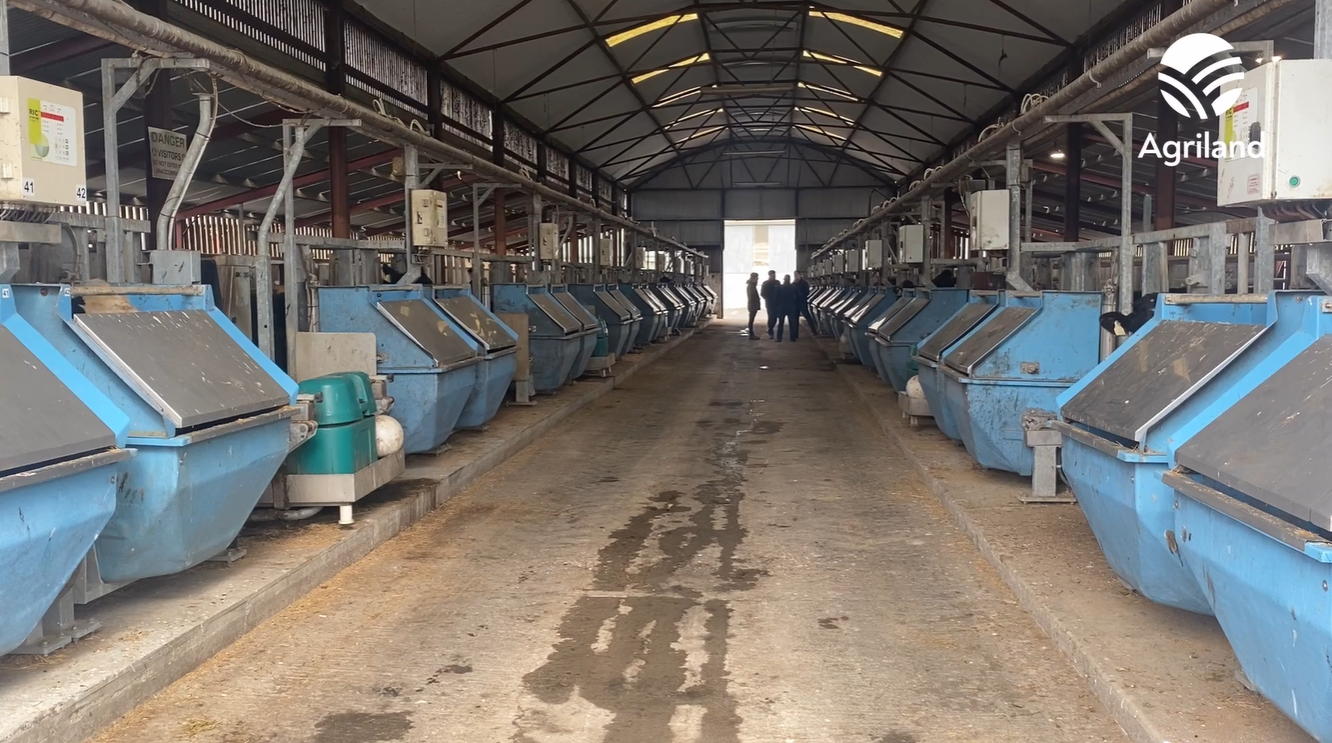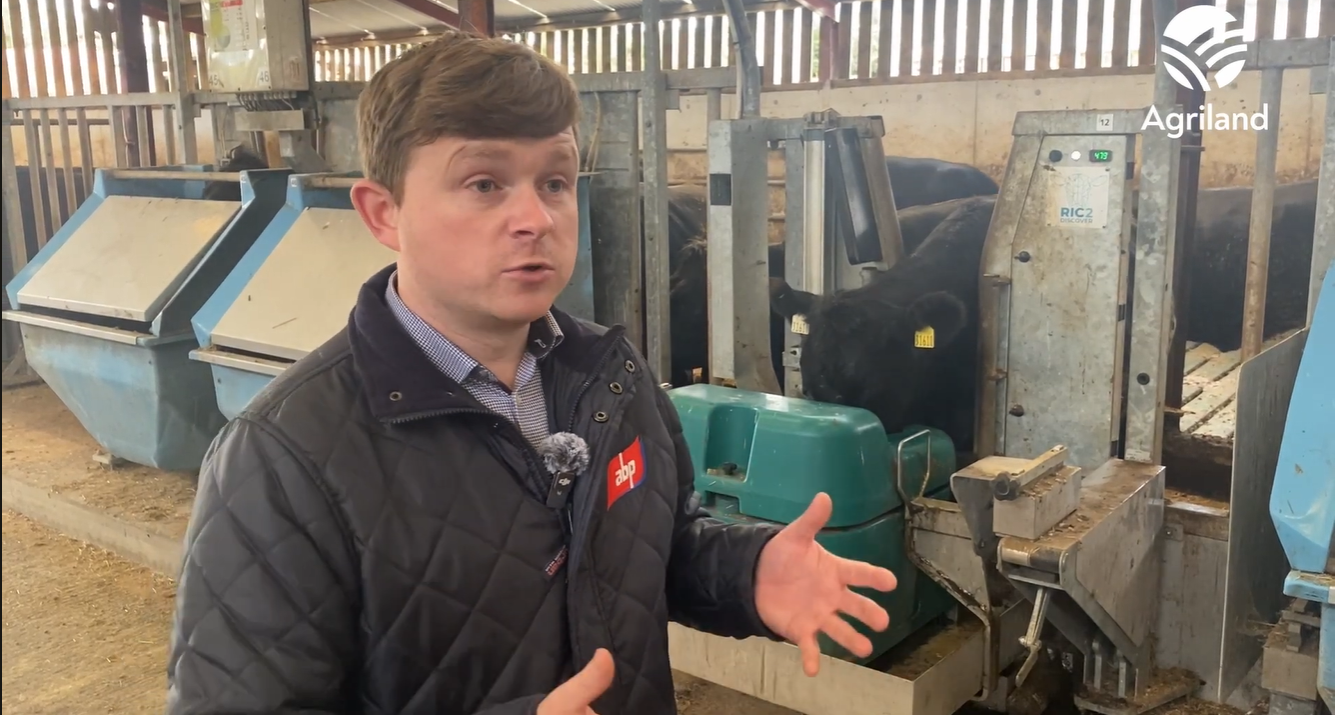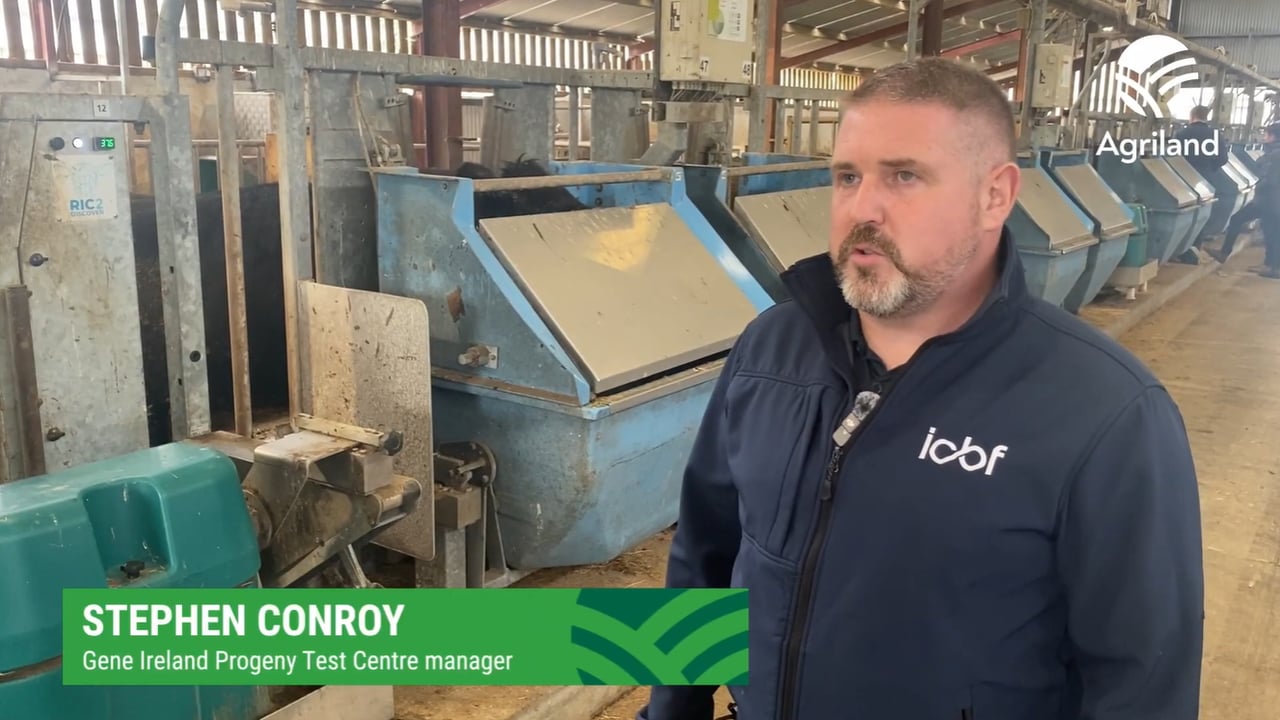Advantage Beef Programme

Agriland recently travelled to the facility in Co. Kildare to meet the site manager Stephen Conroy and the ABP agri-sustainability manager Stephen Connolly to hear more about the ABP collaboration with the initiative.
Conroy explained: "Each year we take 150 animals from the farm. We take in 50 heifers and 100 steers and they're all selected from sires of interest."
At the facility, these sires of interest are progeny tested.
This essentially means that a selection of the progeny from specific sires go to the facility for their finishing period where their feed intake and performance is monitored.
Site manager Stephen Conroy said: "These sires are used through the Gene Ireland Programme. The calves are born on various farms across the country. These cattle are then reared and arrive at the Tully for a finishing period."
Once at the facility, data on what are known as "hard to record" or "expensive traits" is collected.
The feed-face of each pen is different to a conventional shed in that water consumption and feed intake can be measured on an animal-specific basis.
Feed boxes measure the amount of feed in weight that individual cattle are consuming. Water troughs at the facility can also manage water intake on an individual animal basis.
This data allows researchers to capture how much feed and water each individual animal is consuming to put on a kg of live weight gain and allows researchers to spot any trends that correlate to the genetics of these cattle.

GreenFeed machines are in each pen also where data on greenhouse gas emissions can be captured.
When the animals finish their test period at ICBF Tully, they go for slaughter where the usual data such as carcass weight, grade, and fat score is collected as well as meat quality traits.
Commenting on the collaboration, ABP's agri sustainability manager Stephen Connolly said: "At ABP we are delighted to be involved with Tully and ICBF."

He said that the data gathered from the ABP Demo Farm cattle sent to ICBF Tully "adds huge value to the research we do on our demo farm".
"It allows us to understand the role genetics can play to reduce costs and save farmers money."
Speaking from a farmer's perspective, Connolly said it can be difficult to identify the most feed-efficient animals when on-farm and that the technology at ICBF Tully makes this data collection possible.
He noted that feed is one of the biggest costs on most beef-finishing systems, so identifying the genetics that will best utilise this feed is of great value to beef producers.
